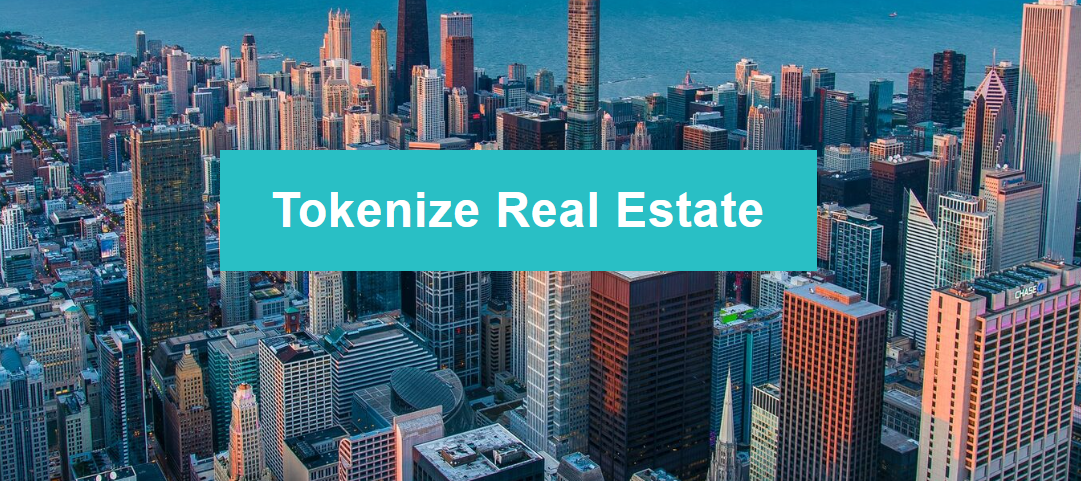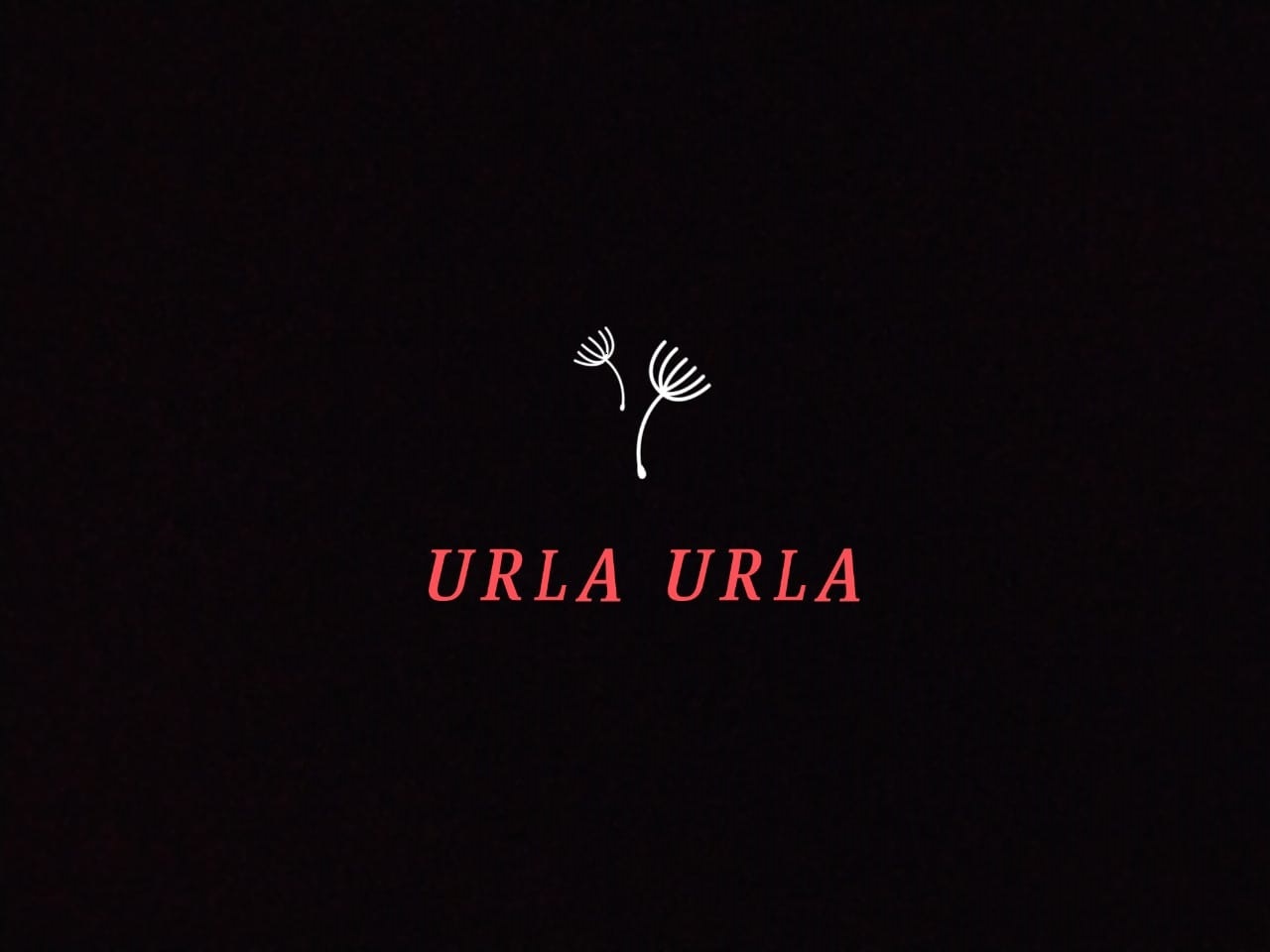In this post we intend to introduce the reader to tokenization, explaining in a simple way the basic issues of the process.
-
THE CONCEPT OF “TOKENIZATION”
Tokenization is understood as the linking of the economic right over the asset with the digital token, allowing its fractional registration and immediate “online” transmission with full legal certainty.
Tokenization can be applied to any asset tangible or intangible. such as real estate, works of art, business operating results, intellectual property; and can benefit various economic agents from individuals, institutions or companies of any size.
Thanks to the use of Blockchain technology, tokenization has the advantages of registration, traceability and immediate transmission of its accounting units “tokens”, allowing immediacy and technical security in operations.
Tokenization is a very innovative legal business that encompasses different credit rights on the asset. Therefore, great care must be taken with the design of the legal solution that supports it. For example, the Spanish civil code recognizes that there are «numerous apercus», but with limitations, of rights in rem. Therefore, a specific real right could be created if the formal requirements are met. A kind of real right “of fruits” and link it to the token.
This thesis is supported by some property registrars, but the reality is that when you transfer it to the notaries, it is not well received and, in general, they require an existing real right to raise the legal business of the property to a public deed. Tokenization.
-
REAL ESTATE TOKENIZATION
The use case chosen by Tokenize for its pilot project, and commercialization of the service in the short term, is that of the tokenization of real estate assets. The characteristics of the real estate market in make it the perfect setting, given that:
- The large turnover of the real estate market.
- The intensive need for capital to invest
- The low liquidity of the investment
- The high regulation and bureaucracy of transactions (purchases and sales)
- They make tokenization the perfect ally for property owners and financial investors to achieve new forms of investment and financing in the sale of real estate.
-
DIGITAL REPRESENTATION OF ECONOMIC LAW
The process begins by linking the economic right to the property to the digital token. Understanding as economic right of a property the rents that it can generate. Basically the “monthly lease” and the “sale surplus value”.
For this, the terms and conditions of the tokenization are drawn up, which are ultimately the digital representation contract of the “token” in the market. The distribution of income, term, scope, extension, duration and end of the tokenization are established, among others.
For example, we want to tokenize a property with the following terms:
- Estimated monthly rent: €700 net (subtracting expenses)
- Estimated sale capital gain: +10% of the tokenization value (subtracting the purchase and sale expenses)
- Duration: 5 years
- ROI: 17%
- End: sale of the property “off chain”
- Number of tokens: 10,000
- Current value of the property: $250,000
- In order to simplify the example, we will consider that the number of tokens represents 100% of the property. Therefore, each token costs $25 and represents 0.01% of the credit right on the rent of the property.

-
TOKEN TRADING
The tokens are issued on a blockchain and all will initially be in the wallet of the issuer (the original owner of the property).
When the issuer decides to put them up for sale, the fundraising for those tokens begins. They can be sold in two ways:
Smart Contract
Buyers send crypto currencies to a certain address and the contract automatically sends them the tokens they have bought)
Manually
In case of wanting to accept payments through fiat money, the issuer sends the tokens to the buyers once the payment is received
The sale of tokens in the primary market can be carried out through a public offer (licensed by the CNMV), or through a private offer. A pre-sale phase can even be organized, before the tokens are issued, so that the owner can decide if there is enough demand to tokenize the property.
Investors who buy the tokens acquire the credit right in proportion to the percentage of tokens purchased. In the event of a partial token sale, the owner is the holder of the remaining tokens and becomes one more investor in his property. In addition, investors will be able to sell their tokens in a secondary market, provided that the new acquirer commits to the terms and conditions of tokenization of the property.
In order to be able to buy and sell the tokens, the investor will have to properly identify himself (KYC), entering the “whitelist” of the smart contract. At all times, the technological platform knows the identity of the investors registered in each transaction of the smart contract, to comply with the legal requirements for the prevention of money laundering, data protection and any other current legislation.
-
INCOME DISTRIBUTION
In order to guarantee the defense of the interests of the investors, the original owner does not have ownership of the property. If he has sold all the tokens, he is disassociated from the property. If he has a percentage of the tokens, he benefits from the credit right on the rent of the property in its corresponding proportion.
Therefore, the management of the property is carried out by an independent manager, who watches over the interests of the investors at all times. In short, maximize the income of the property (monthly lease and sale).
Tokenize has designed the income distribution in the following way:
The periodic distribution of income (monthly or quarterly) is made through DAI tokens. This crypto currency is linked to the value of the US dollar, which guarantees certain stability.
In each period, the gross rent minus the expenses of the property is transferred to an account in an exchange and the funds are used to buy DAI crypto currency.
The DAI are sent to the smart contract, which will make the distribution among the holders of the tokens according to the amount they have in their wallets. In order to receive these incomes, the owner of the wallet must appear on the whitelist.
When the conditions of the smart contract (those set out in the T&C) are met and there is a firm offer to sell the property, the sale will proceed.
The amount of the sale, less the expenses generated, will be distributed to the holders of the tokens that appear on the whitelist and the existing tokens will be destroyed. Thus ending the tokenization, with the final sale of the property to a third party.
For those who are not related to blockchain and crypto currencies, there are a series of additional services that make the income distribution process more transparent and simple, operating with fiat money.
-
BENEFITS OF TOKENIZATION
The main benefit obtained with tokenization, compared to real estate crowdfunding platforms, is the liquidity of the investment. The holder of a token does not need to wait for the investment term to end to recover the principal of the investment. You can access a decentralized market and put your tokens up for sale at the desired price. As soon as a buyer accepts the offer, he will be able to dispose of his money immediately.
Another benefit is the agility of the tokenization process for property owners who want to access liquidity quickly. They are offered the possibility of selling all, or a part of that property, to a community of “buyers” (investors), with much less legislative bureaucracy than a traditional sale.
-
LEGAL CERTAINTY
When issuing the tokens, the issuer contractually commits to ensure the interest of the holders (investors) as top priority. Keeping the property in optimal condition and maximizing your income. In the event that this is not fulfilled, the token holders may exercise their rights by legal means against the issuer.
In addition, the tokenized property is secured by a legal solution that protects the property against any operation, sale or mortgage, with third parties outside the blockchain chain.
In the case of Tokenizes legal solution, the tokenization business is elevated to public deed before a notary and registered in the Land Registry. In this way, the issuer is prevented from executing operations that go against the interests of the holders of the tokens.




